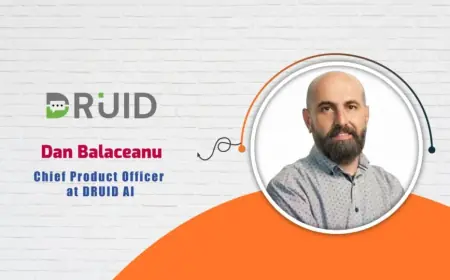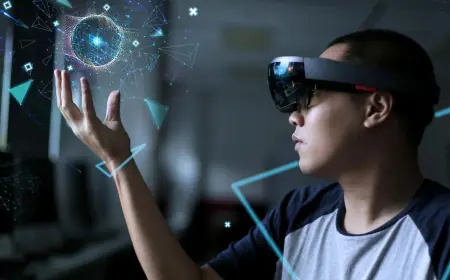The Ever-Changing Landscape of Jobs: Trends, Challenges, and Opportunities
The future of work is uncertain, but one thing is clear: workers, employers, and governments must work together to create a job market that is adaptable, resilient, and equitable. By understanding the trends, challenges, and opportunities that are shaping the world of work, we can build a brighter future for all workers.

The Ever-Changing Landscape of Jobs: Trends, Challenges, and Opportunities
1. Introduction: The Job Market in Flux
The job market is constantly evolving, driven by technological advancements, demographic changes, and shifting economic conditions. As we navigate this complex landscape, it's essential to understand the trends, challenges, and opportunities that are shaping the world of work.
2. Commercial Cookery: A Career that's Cooking
Commercial cookery is a rewarding and challenging career that involves preparing and cooking food for large numbers of people. Commercial cooks work in a variety of settings, including restaurants, cafes, hotels, and hospitals. To succeed in this field, you'll need to have a passion for cooking, attention to detail, and the ability to work well under pressure.
3. The Rise of the Gig Economy
The gig economy, characterized by short-term, flexible work arrangements, is transforming the way we work. Platforms like Uber, Airbnb, and Freelancer are creating new opportunities for people to monetize their skills and assets. However, the gig economy also raises concerns about job security, workers' rights, and social safety nets.
4. The Importance of Soft Skills in the Modern Workplace
As automation and artificial intelligence continue to advance, soft skills are becoming increasingly valuable in the modern workplace. Employers are looking for workers who can communicate effectively, work collaboratively, and adapt to changing circumstances. Developing these skills can help workers stay competitive in a rapidly changing job market.
5. The Future of Work: Emerging Trends and Technologies
Emerging trends and technologies, such as blockchain, artificial intelligence, and the Internet of Things, are transforming the nature of work. These innovations are creating new opportunities for entrepreneurship, creativity, and innovation, but also pose challenges for workers who must adapt to new technologies and workflows.
6. Addressing the Skills Gap: Strategies for Workers and Employers
The skills gap, which refers to the mismatch between the skills workers possess and the skills employers need, is a pressing concern in many industries. To address this gap, workers must be willing to upskill and reskill, while employers must invest in training and development programs that meet the needs of their workers and their businesses.
7. The Role of Education and Training in Preparing Workers for the Future
Education and training are critical components of preparing workers for the future. By providing workers with the skills and knowledge they need to succeed, education and training programs can help workers adapt to changing job market conditions and stay competitive in a rapidly changing world.
8. Creating a Culture of Innovation and Entrepreneurship
Creating a culture of innovation and entrepreneurship is essential for driving economic growth and creating new job opportunities. By fostering a culture that encourages creativity, risk-taking, and experimentation, businesses and governments can help workers develop the skills and mindset they need to succeed in a rapidly changing world.
9. The Importance of Diversity and Inclusion in the Workplace
Diversity and inclusion are critical components of creating a positive and productive work environment. By fostering a culture that values diversity and promotes inclusion, businesses can help workers feel valued, respected, and empowered to contribute their best work.
10. Conclusion: Navigating the Future of Work
The future of work is uncertain, but one thing is clear: workers, employers, and governments must work together to create a job market that is adaptable, resilient, and equitable. By understanding the trends, challenges, and opportunities that are shaping the world of work, we can build a brighter future for all workers.
What's Your Reaction?
 Like
0
Like
0
 Dislike
0
Dislike
0
 Love
0
Love
0
 Funny
0
Funny
0
 Angry
0
Angry
0
 Sad
0
Sad
0
 Wow
0
Wow
0



























































